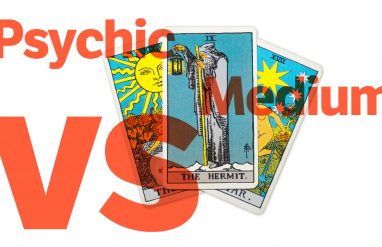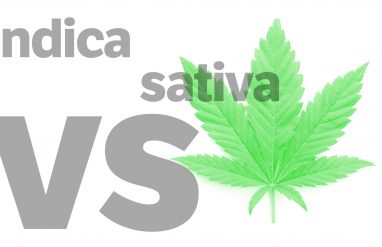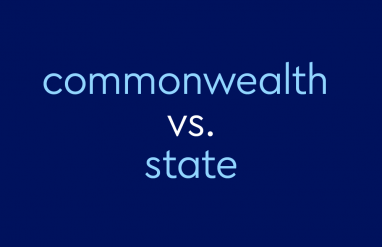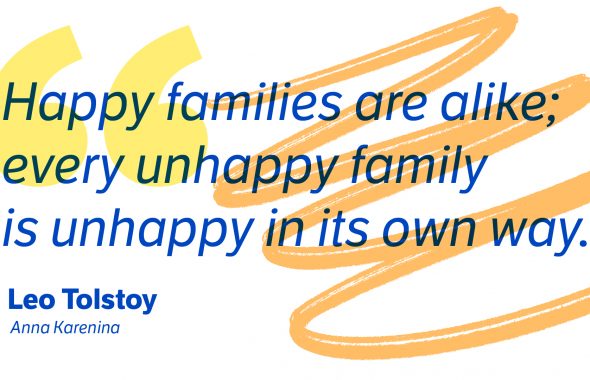Is it better to have wisdom or knowledge? Can you have one without the other? And which comes first? If you’ve ever searched for acumen into these two brainy terms, we’re here to help break them down.
Wisdom and knowledge have quite a bit in common. Both words are primarily used as nouns that are related to learning. They’re listed as synonyms for one another in Thesaurus.com, and in some cases they may be used interchangeably.
In this article, we’ll explain the difference between knowledge and wisdom, what they mean and how their meanings overlap, and explain how to understand them with the help of some useful quotes.
What is the difference between knowledge and wisdom?
The word knowledge is defined first as the “acquaintance with facts, truths or principles, as from study or investigation; general erudition.” It is recorded at least by the 1300s as the Middle English knouleche, which combines the verb know (a verb that means “to perceive or understand as fact or truth; to apprehend clearly and with certainty”) and –leche, which may be related to the same suffix we see in wedlock and conveys a sense of “action, practice, or state.”
Knowledge is typically gained through books, research, and delving into facts. Knowledge can also be gained in the bedroom (hubba hubba!), as the term is sometimes used, albeit archaically, to describe sexual intercourse. As in: they had carnal knowledge of one another.
Wisdom is defined as “the state of being wise,” which means “having the power of discernment and judging properly as to what is true or right: possessing discernment, judgement, or discretion.” It’s older (recorded before the 900s), and joins wise and -dom, a suffix that can convey “general condition,” as in freedom. Wisdom is typically gained from experiences and acquired over time.
While wisdom and knowledge are synonyms, the other synonyms for each word, respectively, don’t overlap much. And they give more hints at each word’s unique meaning.
For example, other synonyms for knowledge include:
- ability
- awareness
- education
- expertise
- familiarity
- grasp
Other synonyms for wisdom include:
- caution
- experience
- foresight
- judgment
- prudence
The primary difference between the two words is that wisdom involves a healthy dose of perspective and the ability to make sound judgments about a subject while knowledge is simply knowing. Anyone can become knowledgeable about a subject by reading, researching, and memorizing facts. It’s wisdom, however, that requires more understanding and the ability to determine which facts are relevant in certain situations. Wisdom takes knowledge and applies it with discernment based on experience, evaluation, and lessons learned.
A quote by an unknown author sums up the differences well: “Knowledge is knowing what to say. Wisdom is knowing when to say it.”
Wisdom is also about knowing when and how to use your knowledge, being able to put situations in perspective, and how to impart it to others. For example, you may be very knowledgeable about how to raise a baby after reading countless books, attending classes, and talking to wise friends and family members. When that precious little person comes home, however, most new parents would kill for an ounce of wisdom to help soothe their screaming baby … and their fears.
To put it another way, there is this simple fruit salad philosophy: “Knowledge is knowing a tomato is a fruit. Wisdom is knowing not to put it in the fruit salad.”
What comes first: wisdom or knowledge?
So which comes first, knowledge or wisdom? There’s no chicken-egg scenario here: knowledge always comes first. Wisdom is built upon knowledge. That means you can be both wise and knowledgeable, but you can’t be wise without being knowledgeable. And just because you’re knowledgeable doesn’t mean you’re wise … even though your teenager may feel differently.
As for how long it takes to achieve wisdom, and how you know when you have achieved it, that’s where things get murkier. Albert Einstein famously said, “Wisdom is not a product of schooling but of the lifelong attempt to acquire it.” So yeah, it’s one of those journey-not-destination things. There’s no limit to wisdom, however, and you can certainly gain degrees of it along the way.
So, there you have it. Have you wised up to the differences between the two words yet?














